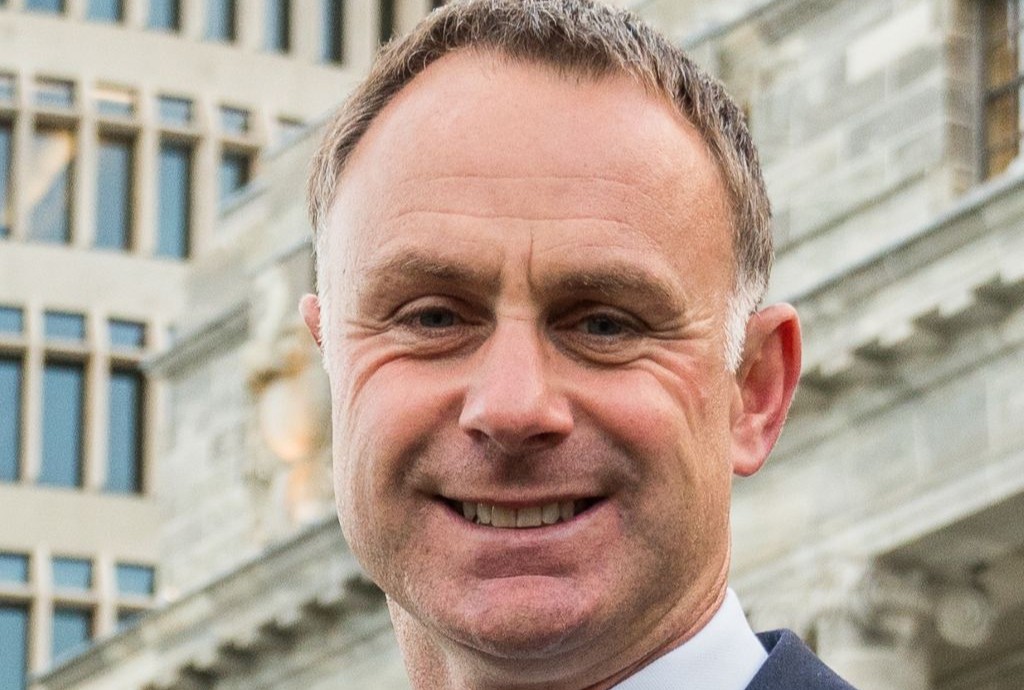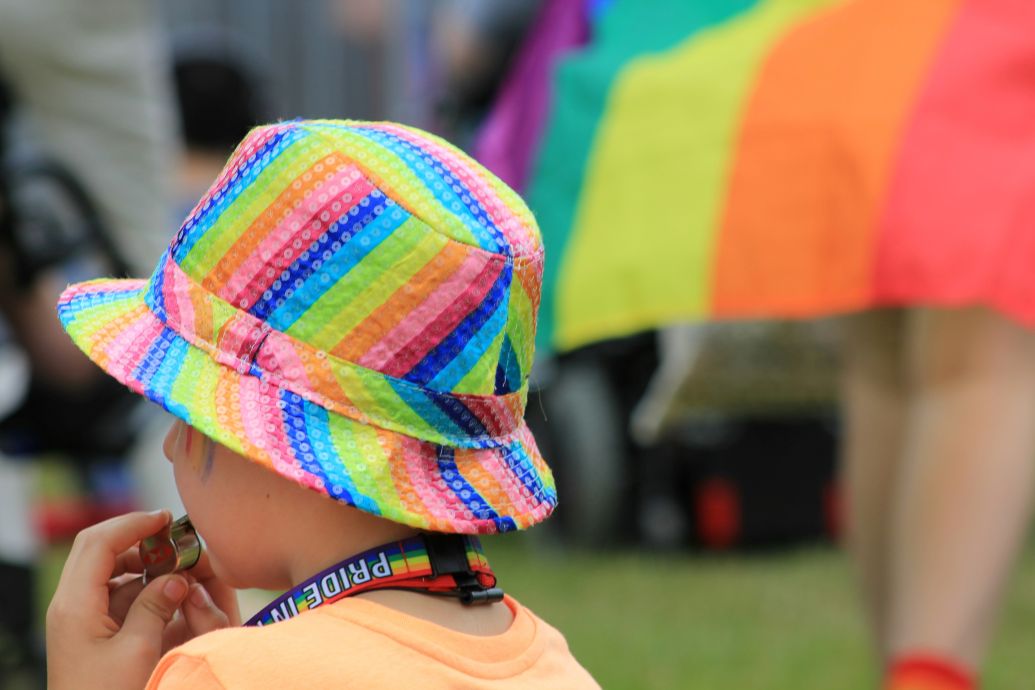Table of Contents
Summarised by Centrist
Seven churches in Masterton were targeted in arson attacks early Saturday morning, with four suffering damage.
Yet, despite the scale of the attacks, one word is missing from media coverage: “hate.”
When a pride centre in Tauranga was set on fire in 2022, the media had no hesitation in labelling it “an act of terror.” But this time, headlines ran with a “spate of church arsons” and a “suspicious” incident—despite a man allegedly taking responsibility on Facebook.
Political silence has also been deafening, with only local National MP Mike Butterick commenting.
The Free Speech Union (FSU) is calling out this double standard, warning that “hate crime” laws are dangerous because they are selectively applied.
In a statement, the FSU argued, “They create a big stick to beat those with opinions that are unpopular at the time but do nothing to address the problem of criminal activity motivated by bigotry or prejudice.”
The Law Commission is currently consulting on potential “hate crime” legislation. However, the FSU point out that even the commission’s president acknowledges the weaknesses of trying to make “hate” illegal.
According to the FSU, “It is a bad idea to create new powers for the government to enforce subjective laws that will be applied selectively.”
Read more over at The Free Speech Union
Image: Facebook









